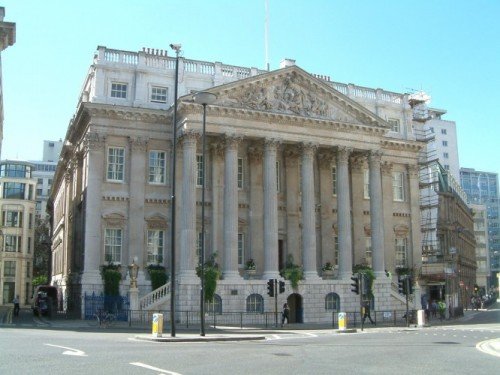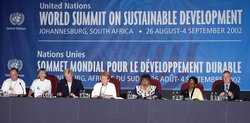London Accord History
-
-
The London Accord is the world's largest collection of free to access, high quality ESG reports. The collection continues to grow by 20-30 reports per year.
-
-
-
In the wake of the success of the initial report, the London Accord Steering committee decided to extend the London Accord's focus to Environment Social and Governance Issues. The mission of the London Accord is now "to encourage better policy creation by enhancing policy-makers’ and academics’ access to reports which highlight the role that the financial services industry can play in assisting society on the road to sustainable development."

-
-
-
In December 2007 the London Accord was launched at Mansion House, the official residence of the Lord Mayor of London. The report, which weighed in at almost 800 pages, and was composed of over 20 submissions from some of the City of London's leading financial services organisations, examined in depth the role that the financial services sector could play in tackling climate change. The report heavily influenced the Stern Review which came out 4 months later.

-
-
-
Following the City Of London Corporations 2002 submission to the Johannesburg Earth Summit, and subsequent work on sustainable finance, Professor Michael Mainelli convened an informal group of researchers, financial services organisations and investors to discuss how investment research expertise could help inform policy-makers on issues such as climate change.

-
-
-
2004
City of London becomes first city in the world to adopt a climate change adaptation strategy. Reissued 2010 –
2002
In 2002 COLC works with the UK Government to produce "The London Principles: The Role Of The UK Financial Services In Sustainable Development", a framework for sustainable finance which formed part of the UK submission to the Johannesburg Earth Summit.
1998
Following COP3 in Kyoto (1997), Z/Yen gets involved with City of London Corporation reports during 1998 and 1999 on the opportunity for carbon trading – “Trading Emission Permits – A Business Opportunity For The City?” (published January 1999). The COLC sets up shadow trading scheme, then works with DTI to expand nationally. In 2003 the EU comes to London to adopt the UK shadow carbon trading scheme as the framework for the EU Emissions Trading System (ETS). The ETS is launched in April 2005.
1977-1994 (before Z/Yen founding in 1994)
Z/Yen people involved in environmental habitat research, first environmental databases leading to the World Conservation Monitoring Centre, and first professional firm in the City to achieve BS 7750 (now ISO 14000) for BDO Binder Hamlyn.
1953
Following the great smog disaster of December 1952, the City of London Corporation (COLC) passes a local Clean Air directive in 1953 leading to the Clean Air Act of 1956.
-